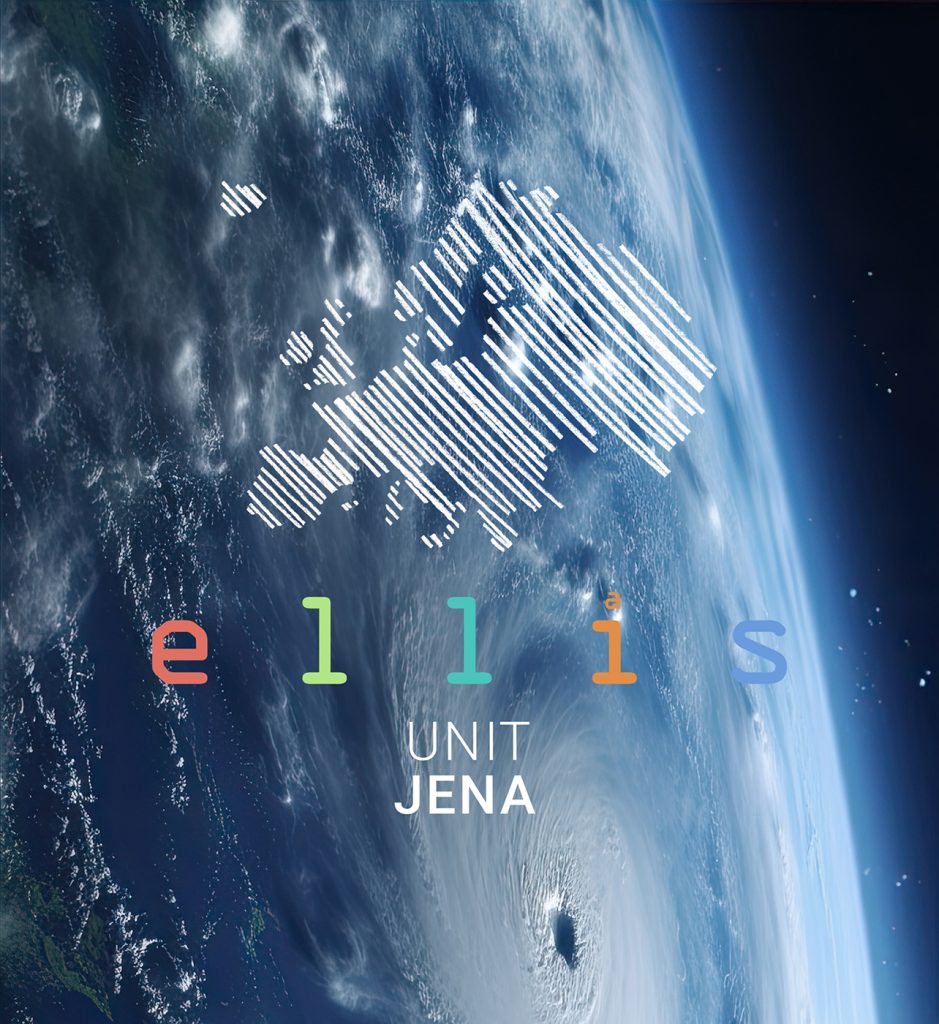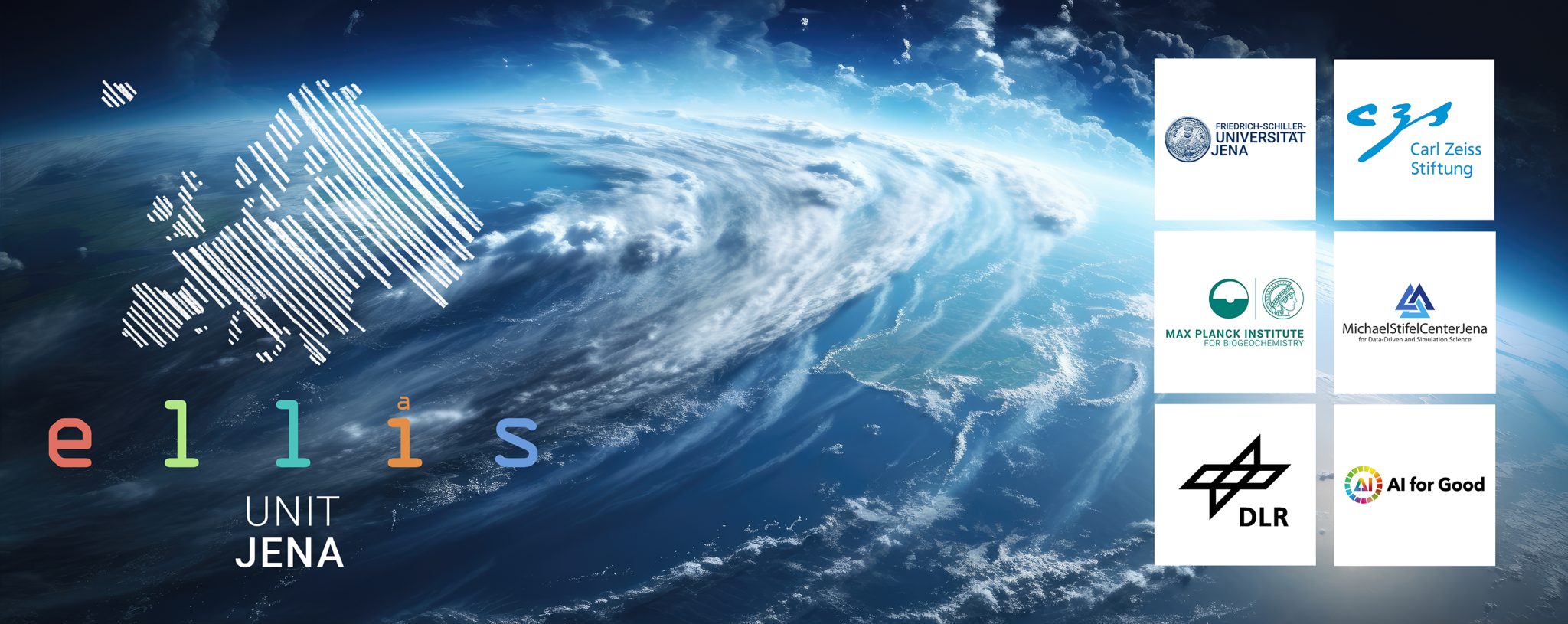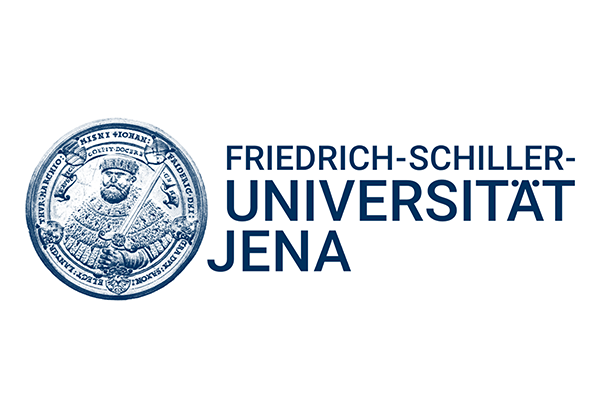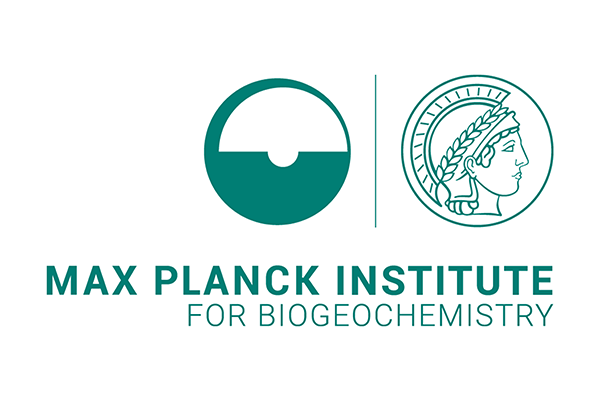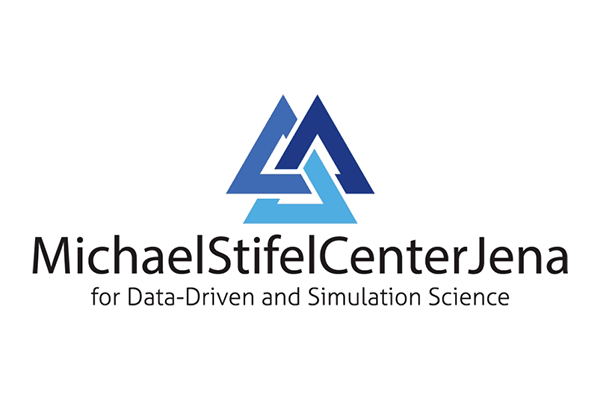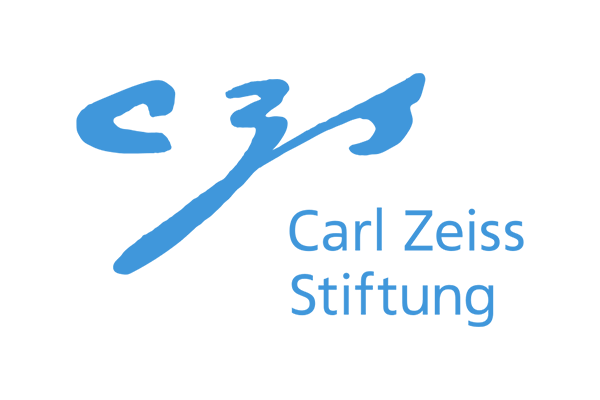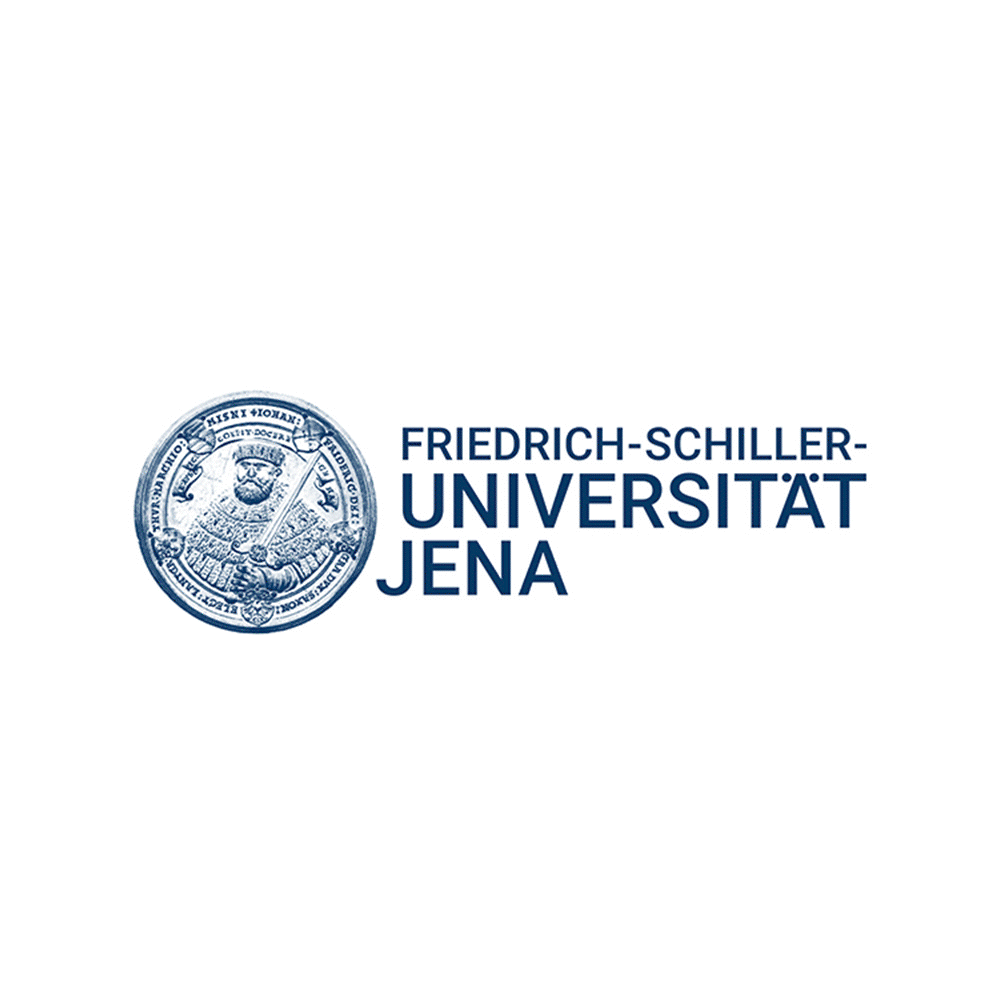Network of excellence for data-driven sustainability research
Source: Friedrich Schiller University Jena – Annual Report 2021-2022 (page 44-45), in German
The Friedrich Schiller University of Jena, the Max Planck Institute for Biogeochemistry and the Institute for Data of the German Aerospace Center (DLR) will be part of the (DLR) will be part of the Network of Excellence „European Laboratory for Learning and „European Laboratory for Learning and Intelligent Systems“ (ELLIS). In the ELLIS unit in Jena, theoretical and theoretical and applied aspects of artificial intelligence (AI) in the fields of earth system, climate and and environmental sciences.

ELLIS is a pan-European Network of Excellence for AI network focusing on basic research, technological innovation and its societal impact. Founded in 2018, the network builds on machine learning as the engine for modern AI and aims to strengthen Europe’s competitiveness in this field.
ELLIS consists of ELLIS units spread across Europe. The ELLIS units provide an optimal environment for excellence in AI. AI research, connect researchers in their respective locations, network cutting-edge research with industry partners and foster the creation of start-ups. There are currently 34 ELLIS networks with more than 300 researchers in 14 European countries and in Israel. The new ELLIS Unit Jena is headed by Prof. Dr. Markus Reichstein from the Max Planck Institute for Biogeochemistry and Prof. Dr. Joachim Denzler from the University of Jena and is anchored in the Michael Stifel Centre of the University of Jena. In this consortium, the researchers want to combine climate and environmental sciences as well as machine learning. Their goal is to better and more comprehensively understand the global Earth system in its fundamental interrelationships. Empirical data and collected knowledge will be integrated into machine learning models in order to decipher causal relationships and make better predictions about the effects of global change and its consequences. predictions about the effects of global change and specific weather extremes. On the other hand, the ELLIS Unit Jena will also establish links to politics, social actors and the economy, social actors and the economy and thus contribute economy and thus contribute to a more sustainable development in general. contribute.
"The ELLIS Unit continues the cooperation between different disciplines and scientific institutions at the Jena site that has been ongoing since the foundation of the Michael Stifel Centre. With the international networking and visibility of activities in the field of AI that this has created, a leverage effect is generated in Jena that will accelerate the further development and transfer of methods beyond the topic of earth system research. Thus, it is hoped that the findings in the area of deep learning that will be generated in the ELLIS unit will also be used for future research activities at the University of Jena."
ELLIS Unit Jena Director Prof. Dr. Joachim Denzler,
Friedrich Schiller University Jena
"With the ELLIS Unit, I expect to establish a beacon for data-driven, evidence-based sustainability research in Jena. In addition to excellent basic research on artificial intelligence for earth system research, the transfer of data and questions from society and of results to society should play an important role. One approach we are currently pursuing is to use deep learning methods to make very local predictions - accurate to within 20 metres - of the effects of heat waves and drought of heat waves and drought on ecosystems with deep learning so that precise countermeasures."
ELLIS Unit Jena Director Prof. Dr. Markus Reichstein,
Max Planck Institute for Biogeochemistry Jena

Source: Friedrich Schiller University Jena – Annual Report 2021-2022 (page 44-45), in German
Dr. Conrad H. PHILIPP
European Laboratory for Learning and Intelligent Systems (ELLIS)
ELLIS Unit Jena | Project Coordinator
